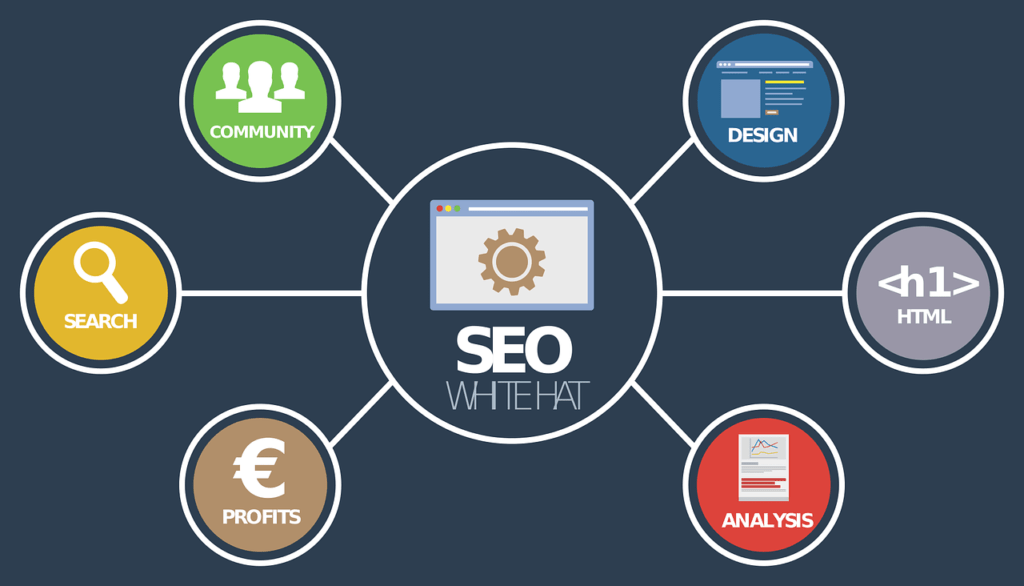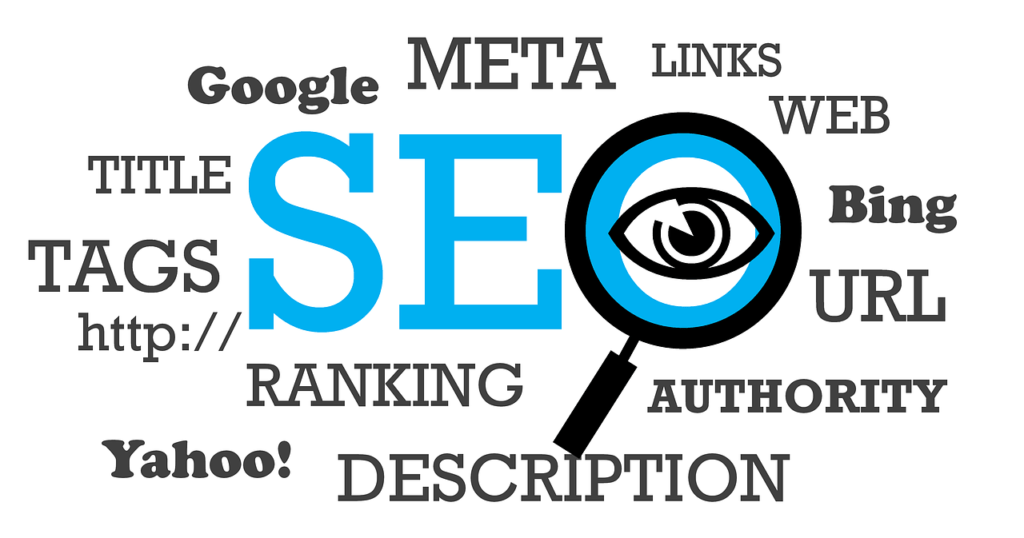Introduction to E-commerce SEO
Get professional SEO services from a trusted Swiss agency.
Elevate your brand’s online presence with Once Digital – we’re the internatioal SEO experts who deliver results, not just promises.
E-commerce SEO, or search engine optimization for online stores, is the art and science of enhancing your online store\’s visibility on search engines. It\’s about making sure that when potential customers search for products you offer, your store appears at the top of search results.
What is E-commerce SEO?
Get rock-solid web hosting with Hostinger! Enjoy 70% off, blazing speeds, and the reliability you need. Use our referral link to get your deal!
At its core, E-commerce SEO is about optimizing your online store\’s pages to rank higher on search engines. This involves tweaking various elements of your site, from its architecture to its content, to make it more attractive to search engines.
Why is it Important?
In today\’s digital age, the majority of consumers start their shopping journey online, often through a search engine. If your online store isn\’t visible on the first page of search results, you\’re missing out on potential sales. E-commerce SEO ensures that your store is in front of those potential customers.
Key Strategies for E-commerce SEO
Keyword Research
Before you can optimize your site, you need to know which keywords your potential customers are using to find products. This involves researching and identifying terms that have a high search volume and are relevant to your products.
Tools for Keyword Research
There are numerous tools available, such as Google\’s Keyword Planner or SEMrush, that can help you identify potential keywords for your store.
On-Page SEO Techniques
Once you\’ve identified your keywords, it\’s time to incorporate them into your site. This involves optimizing various elements of your pages.
Meta Descriptions and Titles
These are the snippets of text that appear on search results. They should be compelling and incorporate your target keywords to attract clicks.
Product Descriptions
Ensure that your product descriptions are not only descriptive but also optimized for search. This means incorporating keywords naturally and providing value to the reader.
Technical SEO
This involves optimizing the backend of your site. It ensures that search engines can easily crawl and index your site.
Site Speed Optimization
A slow-loading site can deter potential customers and harm your search rankings. Tools like Google\’s PageSpeed Insights can help you identify areas for improvement.
Mobile Optimization
With more consumers shopping on mobile devices, it\’s crucial that your site is mobile-friendly. This means it should look and function well on smartphones and tablets.
Link Building for E-commerce
Importance of Quality Backlinks
Backlinks, or links from other sites to yours, are a key ranking factor for search engines. However, not all backlinks are created equal. Quality matters more than quantity.
Strategies for Building Links
Consider guest posting on relevant blogs, partnering with influencers, or running promotions to encourage backlinks.
Monitoring and Analysis
Tools for Tracking Performance
Tools like Google Analytics or Search Console can provide insights into how your SEO efforts are performing.
Continuous Improvement
SEO is not a one-time task. It requires continuous monitoring and tweaking to ensure that your store remains at the top of search results.
Conclusion
E-commerce SEO is a powerful tool for driving sales and conversions. By optimizing your online store for search, you can ensure that you\’re in front of potential customers when they\’re ready to buy. With the right strategies and continuous effort, you can boost your store\’s visibility and drive more sales.
FAQs
- What is E-commerce SEO?
- It\’s the process of optimizing your online store to rank higher on search engines.
- Why is keyword research important?
- It helps you identify the terms potential customers are using to find products, allowing you to optimize your site accordingly.
- How can I speed up my site?
- Consider using tools like Google\’s PageSpeed Insights to identify areas for improvement.
- Why is mobile optimization important?
- With more consumers shopping on mobile devices, it\’s crucial that your site provides a good user experience on all devices.
- How often should I review my SEO strategy?
- SEO requires continuous effort. It\’s a good idea to regularly review and tweak your strategy to ensure optimal results.









